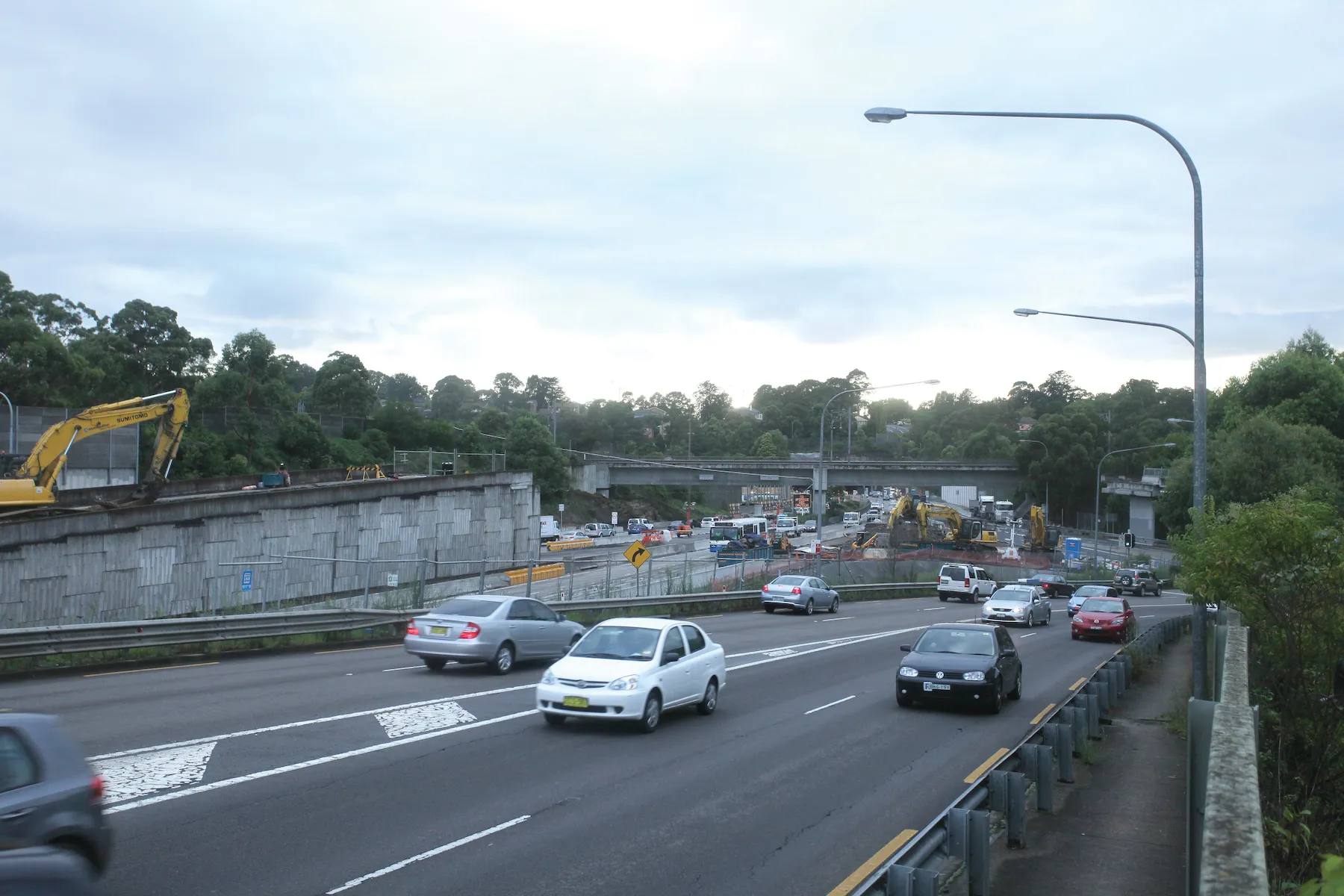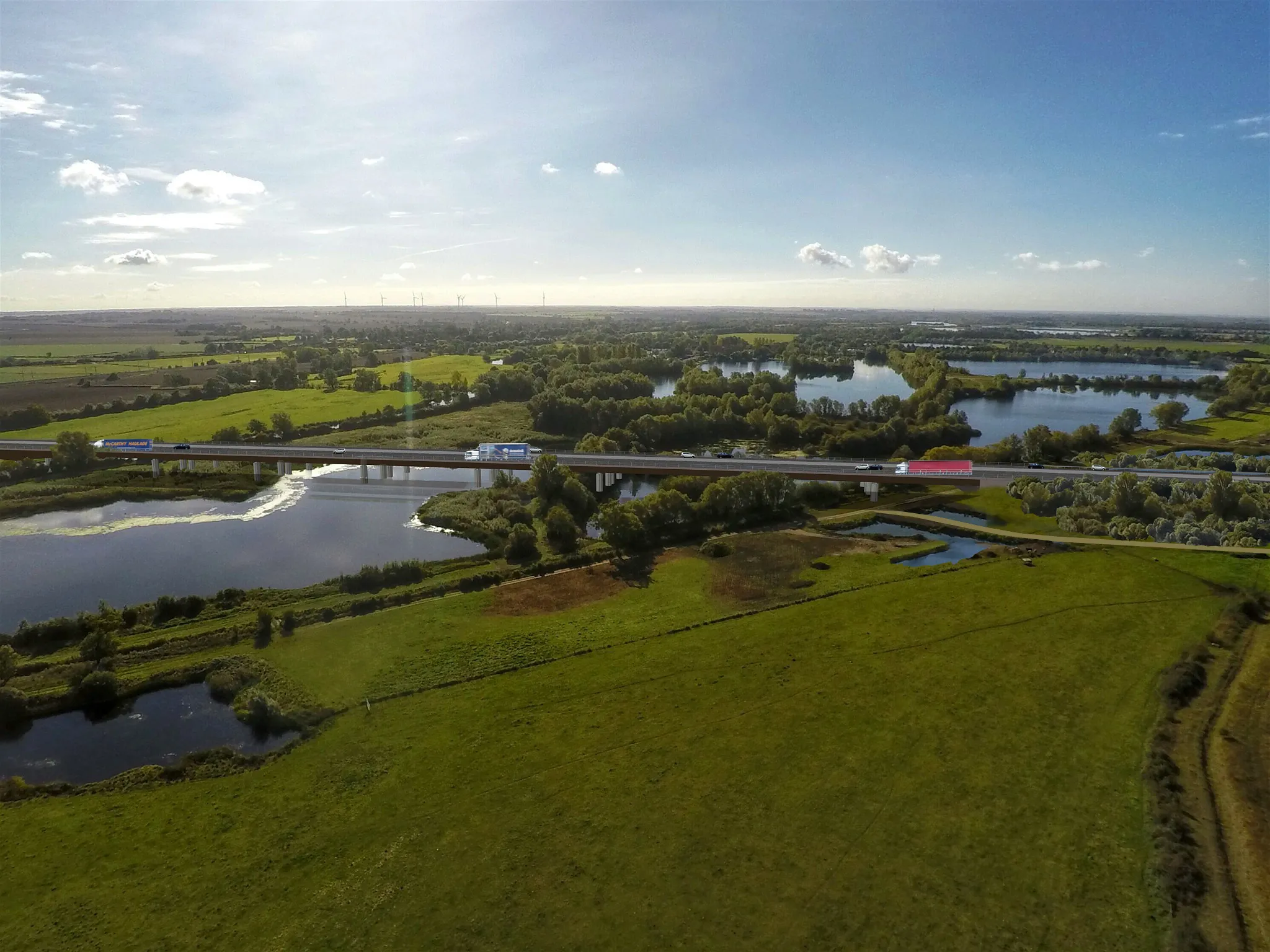The UK’s Department for Transport (DfT) has put forward five alternate route options for a new highway connecting the cities of Manchester and Sheffield. The project looks likely to include a major tunnel section measuring as much as 20-30km in length that would run under the Peak District. The aim of the project would be to cut journey times between the two cities as the existing transport routes are prone to peak period congestion and delays at present. The route would connect either the M60 or M67 motorw
August 19, 2016
Read time: 2 mins
The UK’s 5432 Department for Transport (DfT) has put forward five alternate route options for a new highway connecting the cities of Manchester and Sheffield. The project looks likely to include a major tunnel section measuring as much as 20-30km in length that would run under the Peak District. The aim of the project would be to cut journey times between the two cities as the existing transport routes are prone to peak period congestion and delays at present. The route would connect either the M60 or M67 motorways close to Manchester with the M1 motorway on Sheffield’s northern side.
Should the tunnel construction get the go-ahead, it would be one of the longest road tunnels in the world and one of the UK’s most ambitious civil engineering projects.
No time schedule for the project has been put forward and nor have cost estimates been revealed. However the cost of building such a long tunnel with multiple traffic lanes would be extremely high and it is likely that twin bores would be required. Some of the more radical suggestions for the tunnel section of the project also include ways to ensure drivers maintain attention behind the wheel, such as installing palm trees at the roadside and murals along the tunnel walls.
The project is controversial however. The massive cost of constructing a tunnel of this length has been suggested as being impractical. Comments have been made that lower cost transport upgrades to road connections in the area would deliver a better return on investment.
Should the tunnel construction get the go-ahead, it would be one of the longest road tunnels in the world and one of the UK’s most ambitious civil engineering projects.
No time schedule for the project has been put forward and nor have cost estimates been revealed. However the cost of building such a long tunnel with multiple traffic lanes would be extremely high and it is likely that twin bores would be required. Some of the more radical suggestions for the tunnel section of the project also include ways to ensure drivers maintain attention behind the wheel, such as installing palm trees at the roadside and murals along the tunnel walls.
The project is controversial however. The massive cost of constructing a tunnel of this length has been suggested as being impractical. Comments have been made that lower cost transport upgrades to road connections in the area would deliver a better return on investment.









